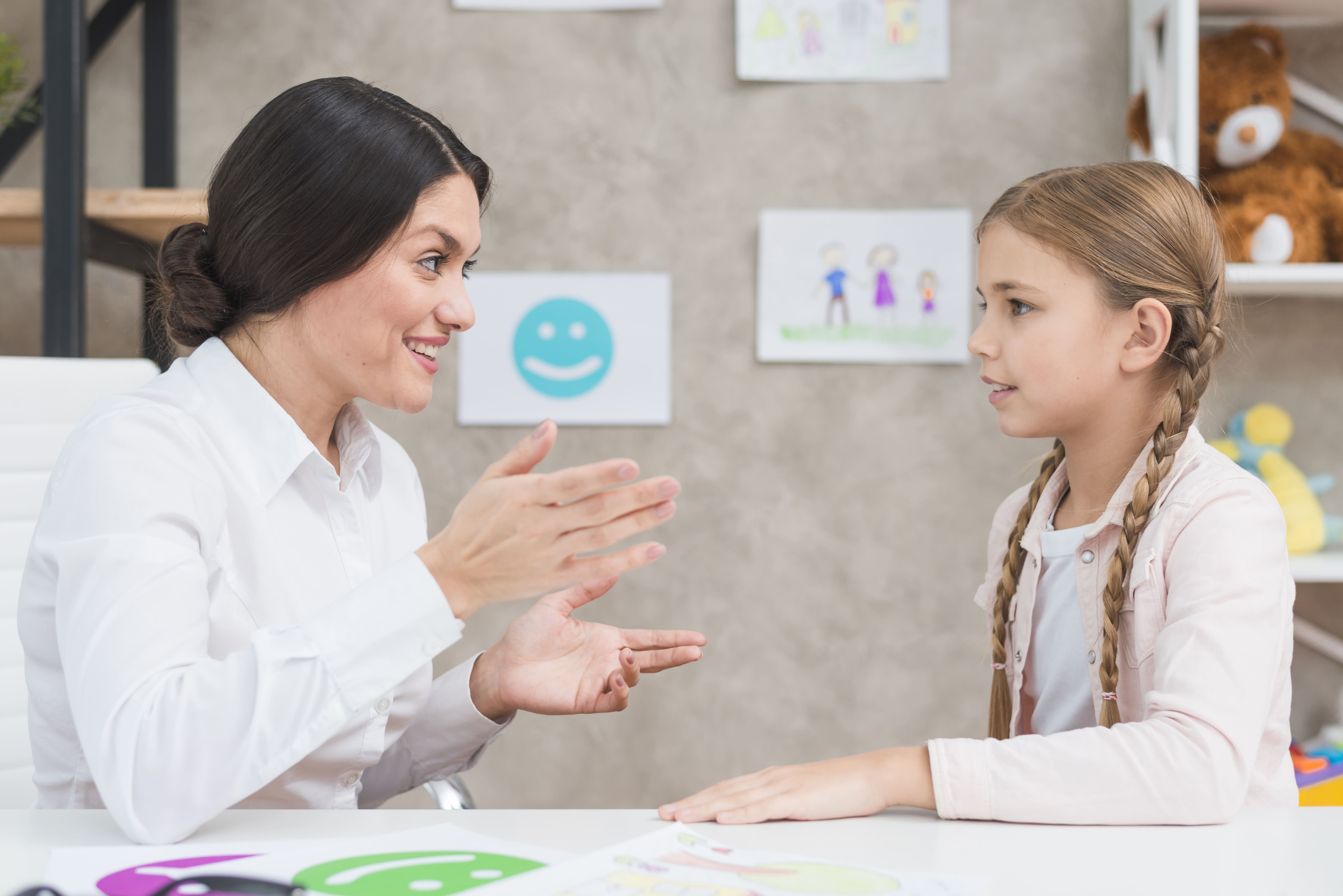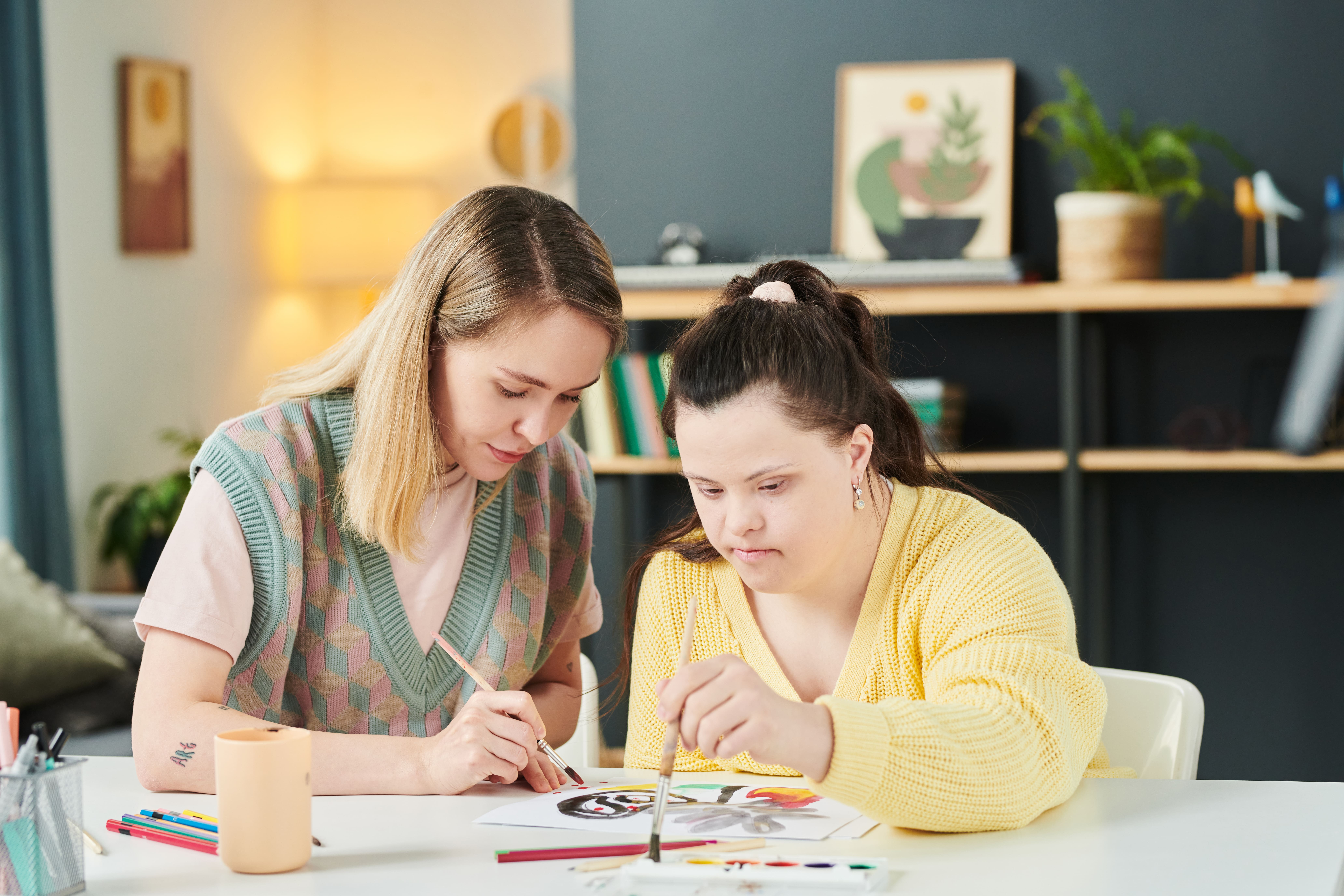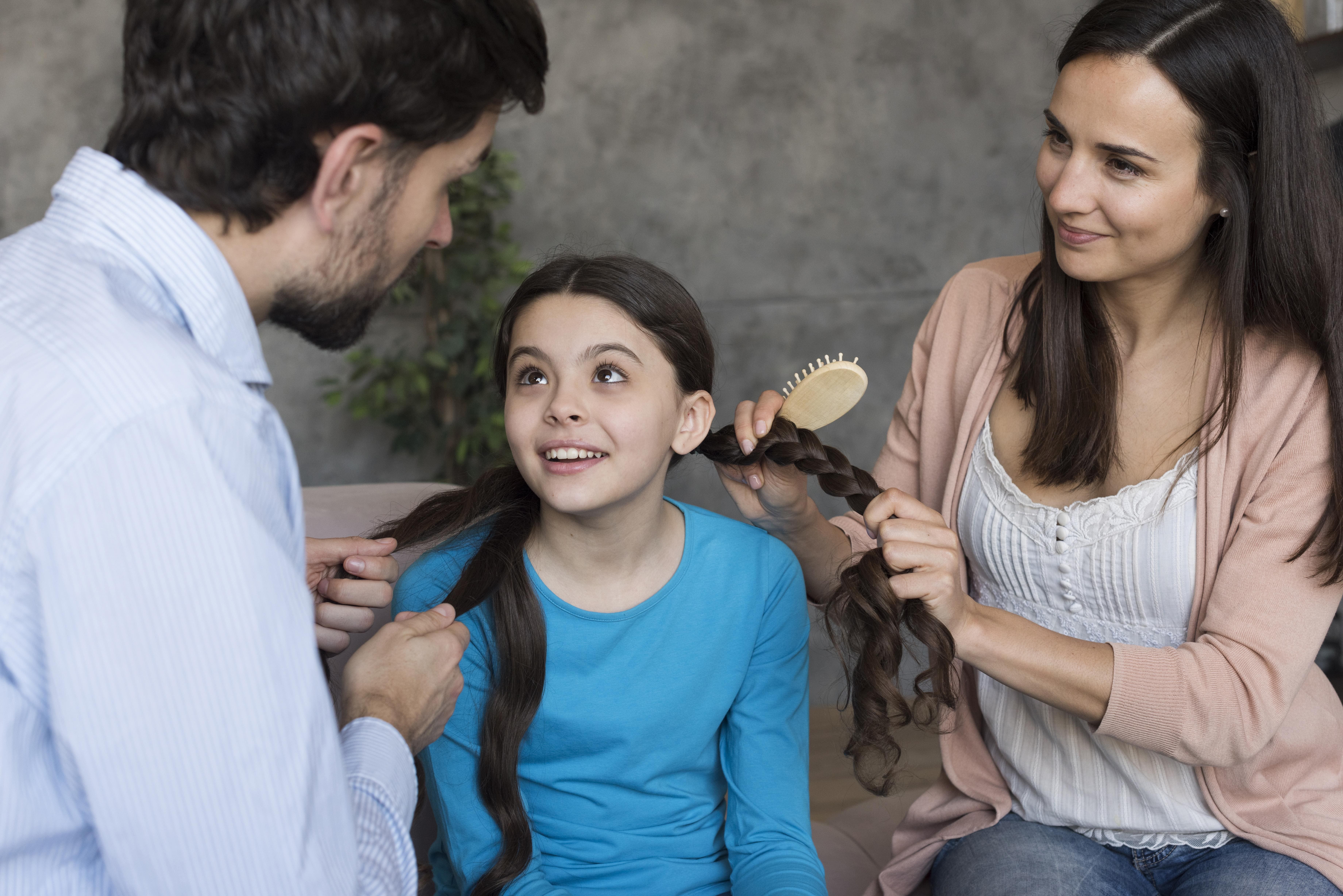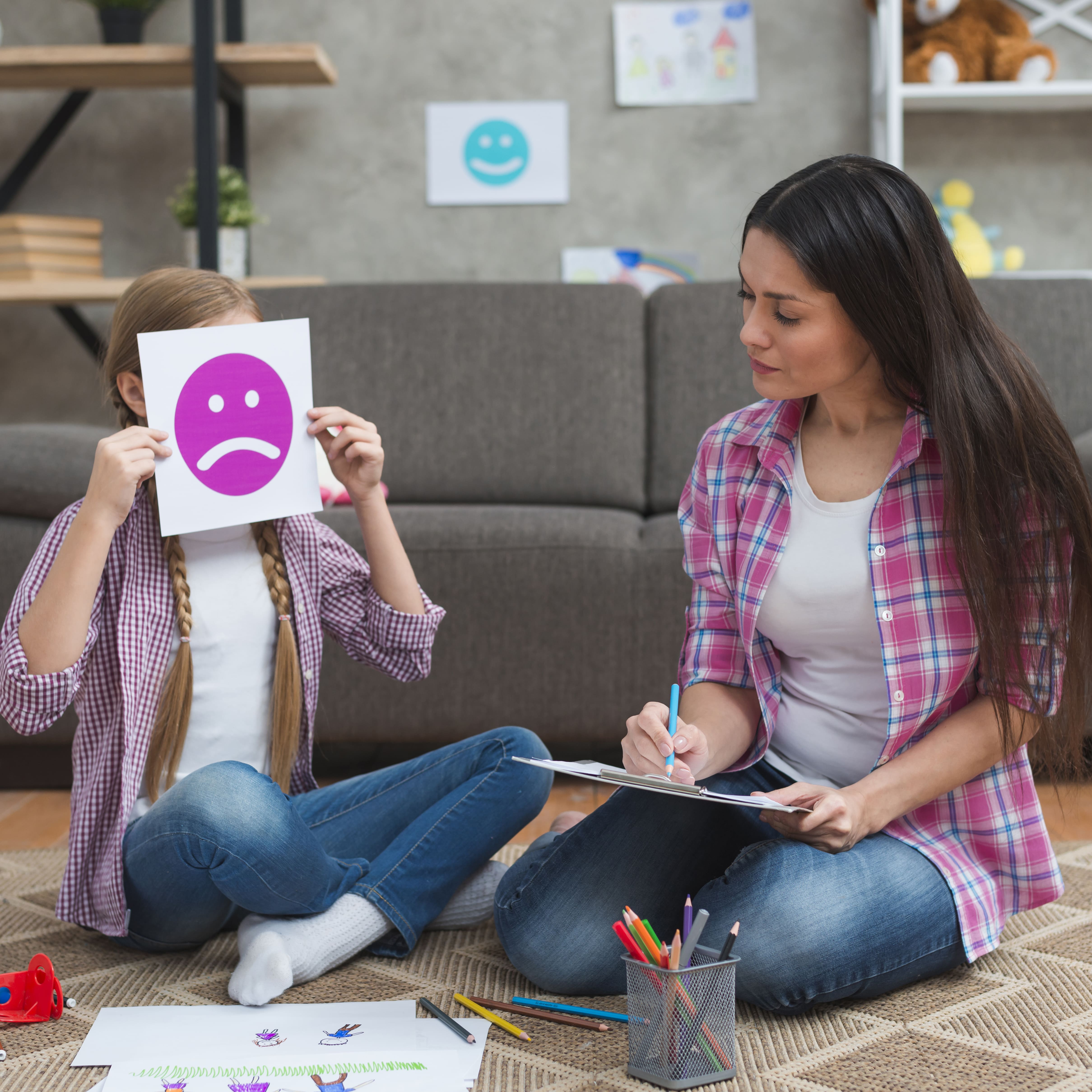Parenting for those who choose is a source of great joy and satisfaction. However one cannot deny that with the responsibility of a child comes a set of unique challenges and trials specific to this role, irrespective of whether it is a child with typical development or one with developmental difficulties.
Children with developmental disabilities have to manage considerable functional limitations in areas such as self-care, learning, mobility, and autonomy. There is also increased emotional internalization and externalization, leading to behavioural difficulties. The psychological encumbrances on parents of children who require special care are high and could lead to potential well-being concerns for them. However, with adequate training on positive parenting and awareness of the importance of parent-child interactions, there can be significantly effective outcomes in the psychosocial development of children, resulting in a noticeable reduction in challenging behaviours and increased well-being amongst them.
Recognizing the strengths of your child who is faced with developmental and learning difficulties and understanding the precise kind of support they need and working to provide them with that support is key to a healthy parent-child relationship and a more socially adjusted child. Create a nurturing and encouraging environment for your children so they will persevere and recognise their strengths. Honour their accomplishments, no matter how minor, and boost their confidence. Positive reinforcement strategies and optimistic, normalizing parenting behaviour (more modelling), is known to increase the capacity, especially among children with developmental difficulties to become more independent and develop the necessary social skills as they grow. Supporting parents and caregivers (both formal and informal support groups, especially for mothers) is essential to reduce parenting strain and increase parental involvement, prevent burnout, and increase parental satisfaction.

Here is a quick guide to Positive Parenting with a special focus on supporting children with learning, developmental and emotional difficulties.
1) Work on behaviours that foster a connection between parents and children. For example, Joint attention, maternal responsiveness, positive, encouraging expressions of emotions, engagement during play, etc.
2) Respect the individuality of the child (don’t be intrusive, manipulative, or exploitative)
3) Positive parenting results in parents developing stronger, positive emotions (like joy, pride, and love), better coping skills, and higher acceptance and belief in their child’s ability to achieve developmental goals.
4) Some examples/skills of positive parenting are active listenings, positive talk, positive affect, affectionate touch, less criticism, and so on.
5) Focussed interventions, like paternal teaching behaviour, and maternal responsive behaviour at an early stage promote a child’s linguistic outcomes, even those with DD.
6) Creating an affectionate and warm home environment, where parents and caregivers are genuine, attentive to the child’s needs and understand their emotional states, interests, motivations, etc, interpret them correctly, and respond accordingly becomes critical to promoting a child’s effort, initiative and autonomy, encourages conversations and contributes significantly to the development of both children with developmental delays and those who are typical.
7) Positive parenting behaviours like reward-giving/ praise and engagement increase social and adaptive behaviour and social competence among children with DD
8) Being sensitive, responsive, and directive (authoritative parenting style) greatly benefits children with neurodevelopmental disabilities and difficulties.
Parents of children who require special care should seek out programs that help them develop skills, learn to problem-solve and receive support to carry out their parenting duties with care and support their child in ways that they wish to provide that support. As a society, we should provide an ecosystem that focuses on increasing awareness, provides access to the specialized skills required by parents of children with DD, and look at holistic approaches to reduce their stress levels and ensure ongoing support for them.

Shared By : Rohini Kesavan Rajeev,
Sr. Psychotherapist & Founder,
The Able Mind






